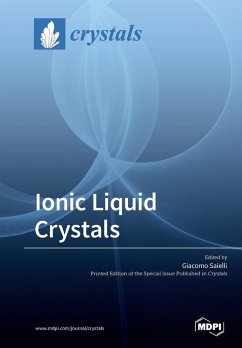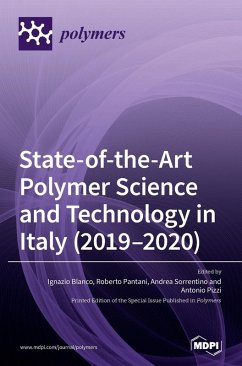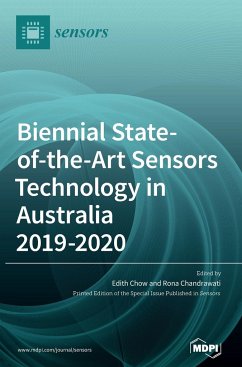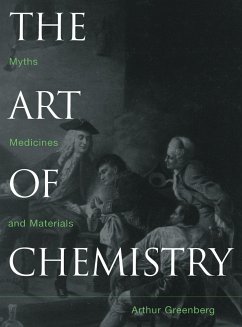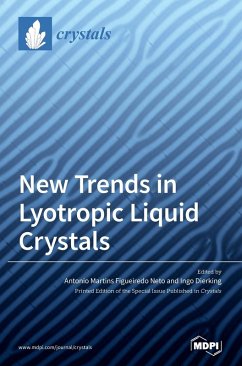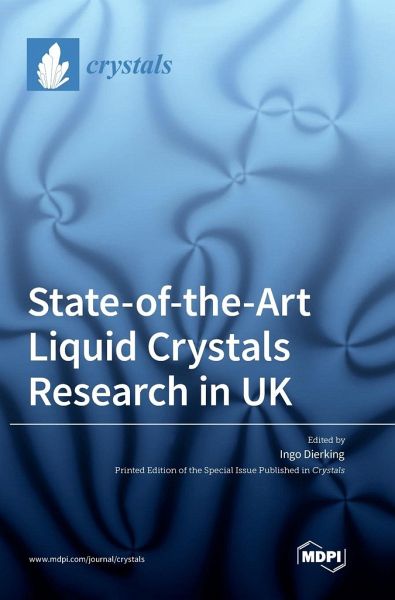
State-of-the-Art Liquid Crystals Research in UK
Versandkostenfrei!
Versandfertig in 1-2 Wochen
78,99 €
inkl. MwSt.

PAYBACK Punkte
39 °P sammeln!
The United Kingdom has a proud history of liquid crystal research. Its contributions span from the formulation of the theory of nematic elasticity as it is used today, uncovered via the Leslie-Erickson theory describing the viscosity of mesophases, to the discovery of the first room-temperature nematic and the related developments in the display industry, to name just several pioneering contributions. Today, liquid crystal science in the UK is more diverse and multidisciplinary than ever, ranging from the synthesis of increasingly complex mesogenic molecules, via the physical properties of sel...
The United Kingdom has a proud history of liquid crystal research. Its contributions span from the formulation of the theory of nematic elasticity as it is used today, uncovered via the Leslie-Erickson theory describing the viscosity of mesophases, to the discovery of the first room-temperature nematic and the related developments in the display industry, to name just several pioneering contributions. Today, liquid crystal science in the UK is more diverse and multidisciplinary than ever, ranging from the synthesis of increasingly complex mesogenic molecules, via the physical properties of self-organised systems and composites of both the thermotropic and the lyotropic type, to a wide variety of applications outside of the traditional display sector. The field covers aspects of chemistry, physics, material sciences, chemical engineering, mathematics, biology and device engineering in an overarching effort to advance the fundamental understanding of these soft-matter materials and to promote their technological exploitation in the UK and worldwide. To this end, a large group of individuals and research groups from universities and industry in the UK are working together on a Special Issue to advance the development of this field. The achievements of these scholars can be found in publications in top-class journals and presentations at all large international conferences, in the development of new products, and in events for public engagement.





